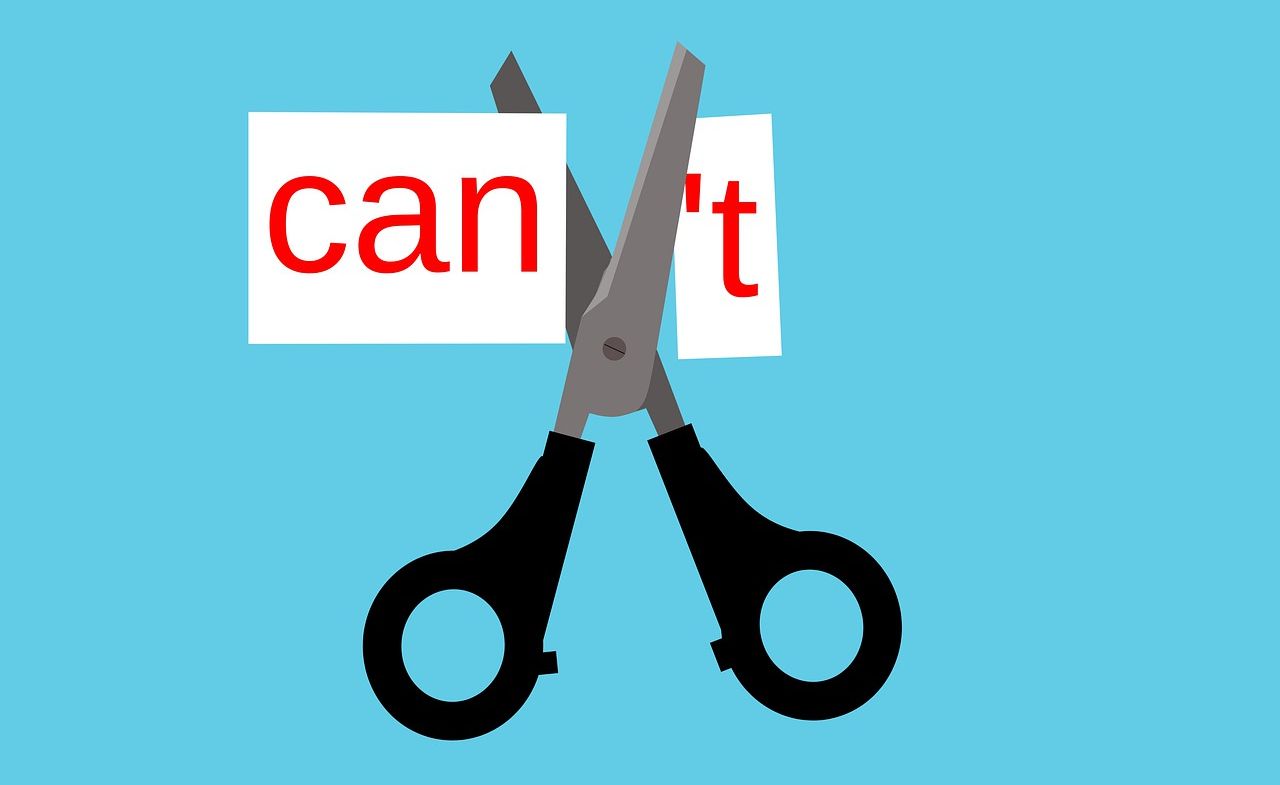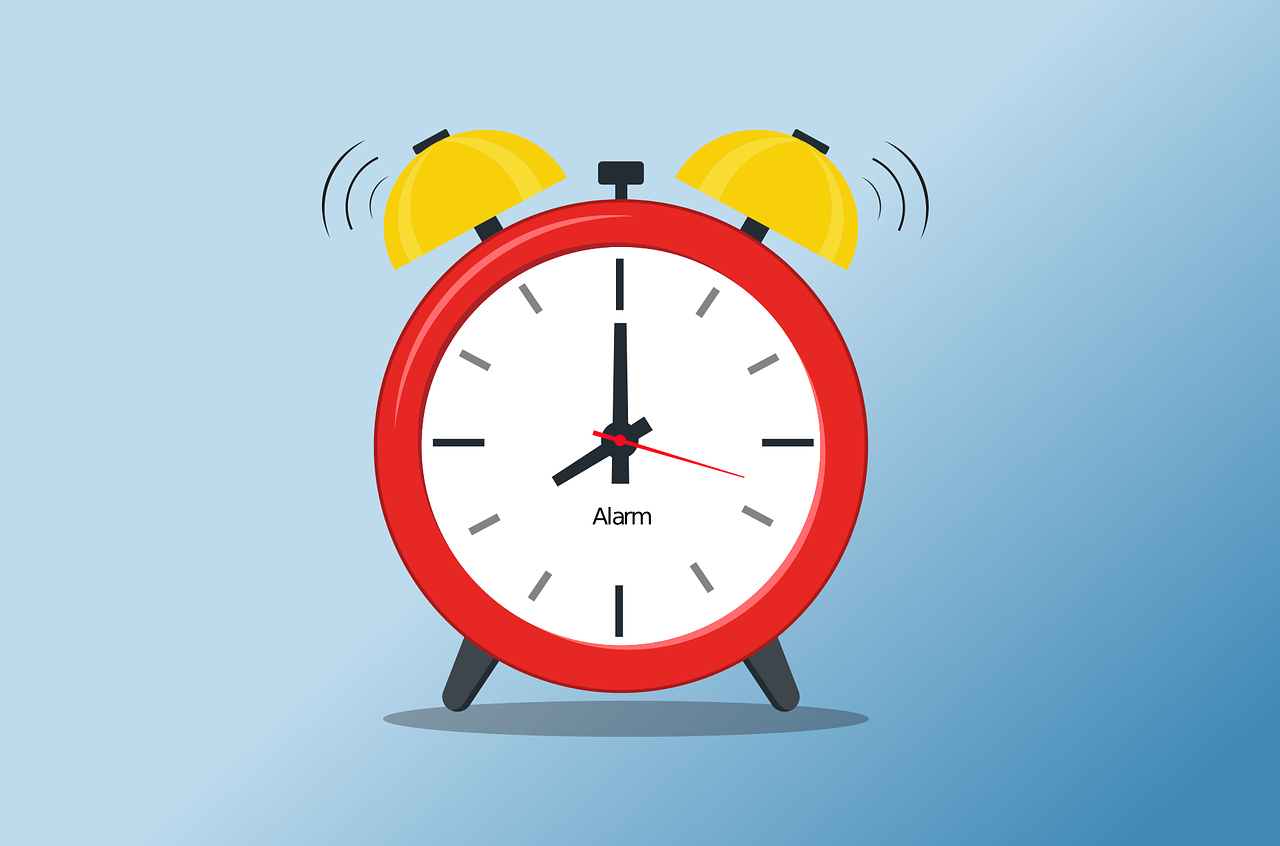If you've ever tried changing your behavior to increase productivity, you will know how difficult it can be to stick to. Fortunately, mini habits can make this process much easier.
When it comes to making long-term, sustainable changes, mini habits deliver the best chance for success. Let's look at how you can use this method to boost your work output.
The Advantages of Mini Habits
Think of a time when you wanted to make a practical change to your life, but were unable to keep it up. It might have been that your motivation dwindled, or it felt like you didn't have time to take it on. This is a really common experience, and one that can be prevented.
The issue with habit-forming, is that it takes time, and the bigger the change, the more motivation you'll need to see it through. In order to last the long haul, your changes need to feel effortless, which is where mini habits can help.
Mini habits are tiny, positive behaviors that you make yourself do every day, and fit the below criteria:
- You can still do them when you're least motivated.
- They take just seconds or minutes to do.
- Are easy to do over-and-over.
- They already fit in around your life and schedule.
- Are simple and involves as few steps as possible.
For example, if you want to increase your water intake, your daily mini habit might be to drink one glass of water. As long as you hit this minimum target every day, you're succeeding at improving your hydration.
Sounds straightforward, right? That's because mini habits are designed to work, regardless of how demotivated, busy, or uninterested you are in it. Before you know it, your new behavior is solidified in your daily routine.
So, let's look at how to get started.
Decide on a Productive Mini Habit
With your career and productivity in mind, you might be tempted to aim high and go for big changes, especially if you have a lot of things you want to address. Nevertheless, the key to success is to do one small thing at a time.
Let's assume you want to be more focused at work and get more done. In this case, it's best to look for really basic things that support concentration and energy levels, rather than new ways of working. Therefore, your mini habit could be to eat a banana when you start work.
Alternatively, if you already feel good about your nutrition and activity, your mini habit could be to turn off alerts on your phone when you're working. This takes a few seconds to do, and will help you to manage distractions.
If you choose a behavior, and find that it's too difficult, try to simplify it. Really think about what makes sense to change, and avoid putting pressure on yourself to do more.
The important thing is to make it effortless for you, in the context of your own life. There's no point in trying to eat a banana every day if you hate bananas, and likewise, if you use your phone for work updates, you might need to keep your phone alerts on. Pick a mini habit that works for you, and celebrate each time you do it.
Make Your Mini Habit Easier With Cues
Your mini habit requires some kind of prompt for it to be successful. The prompt needs to be something that you respond to, and it needs to happen often enough to account for consistency.
One aspect of mini habits, as mentioned earlier, is to make them fit into your life. A top trick here is to use your already established work schedule as a cue, which prompts you to do your habit now.
For example, if your mini habit is to write a to-do list, your cue to do this could be when you first sit down at your desk. This makes the change feel less like extra work, and more like a normal part of your day.
Another way to utilize cues, however, is to set up reminders on your phone or computer. Applications like Habitify allow you to track your habits and get reminders to do them, which is handy for busy work environments, or if your work routine is highly changeable.
If you choose to use Habitify to track your habits, you can view your streaks and progress data, which will give you a great overview of how you're getting on. Plus, having this information to hand can serve as a confidence boost when you're feeling demotivated.
Build on Your New Behavior
According to research, it takes a minimum of 18 days to form a new habit, and around 60 days for it to become automatic, which is a long time. The simplicity of mini habits makes this a lot more achievable, but be sure not to rush yourself.
As you repeat your daily habit, you can begin adding to it, but always remember the original mini habit is your target. Just because you increase the frequency or duration of your habit, doesn't mean you're failing if you revert to doing it once a day. You've still hit your target, and you're still engaging in behavior change.
As you begin to feel more confident in this change, you can add other mini habits to your routine. Stick to only adding one thing, and if you're struggling to juggle more than one, just go back to your first habit and try again.
Mini Habits to Suit Your Lifestyle
Pursuing personal development at work means that you need it to be achievable, and it needs to complement your work environment. Mini habits are a fantastic way to get creative and make positive changes without your schedule being a barrier.
They have a way of increasing your motivation and can lead to an improvement in productivity at work. So, if you are feeling stuck, or unsure of your next steps, develop some mini habits to get yourself back in the driving seat.





